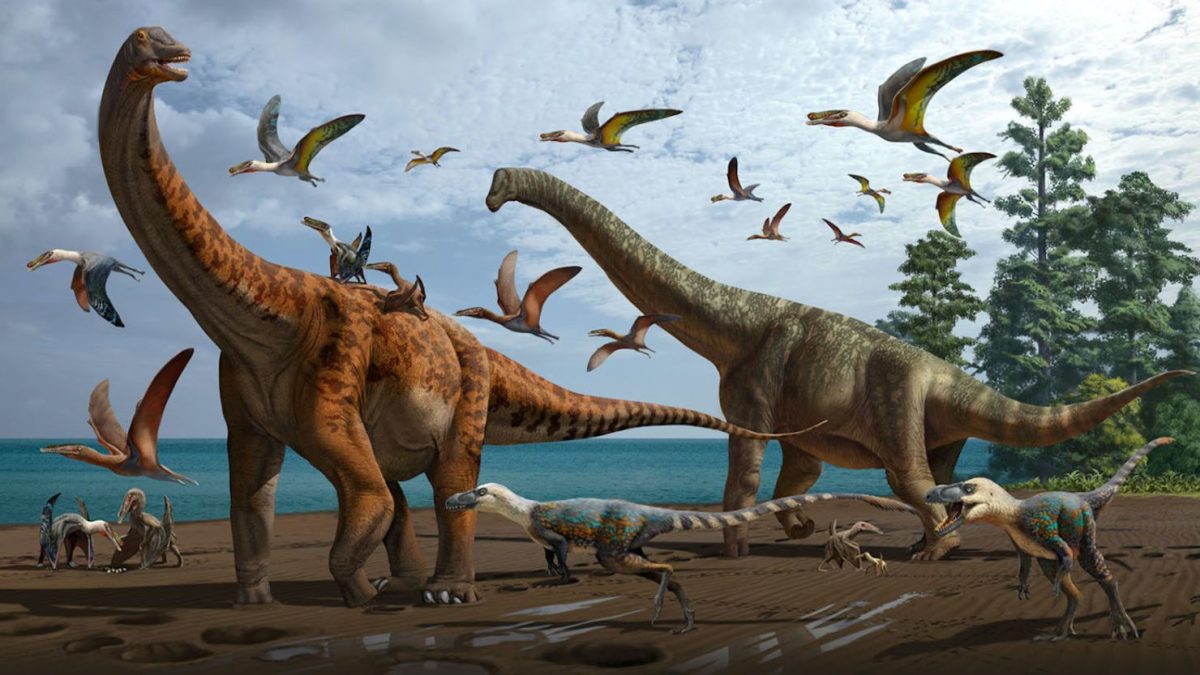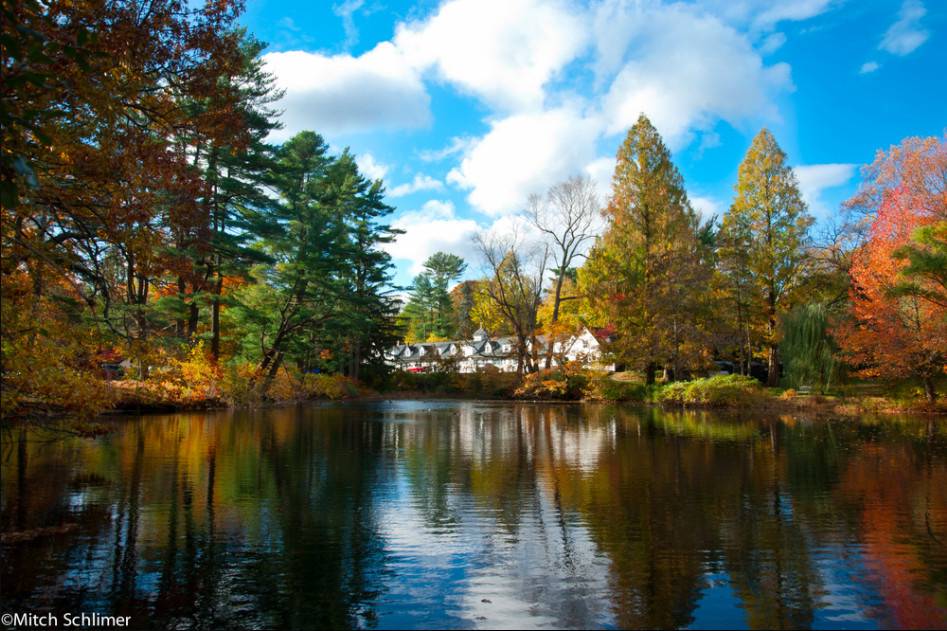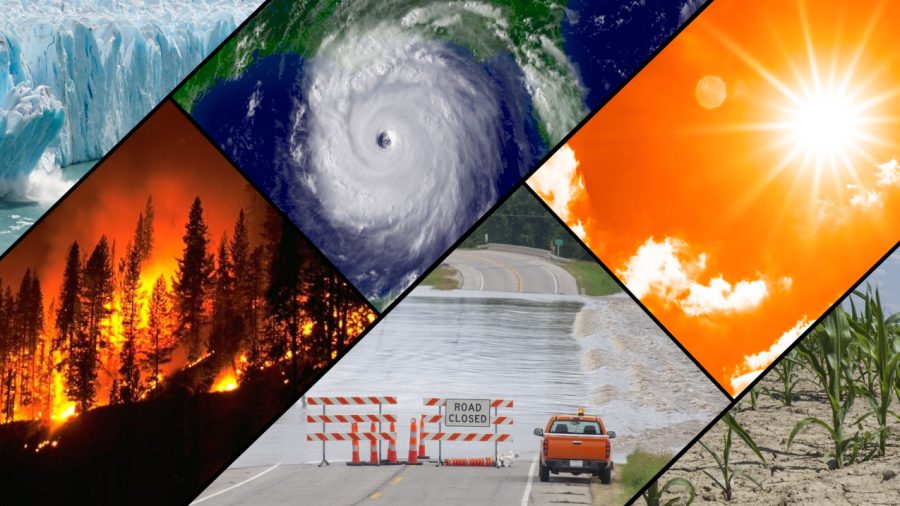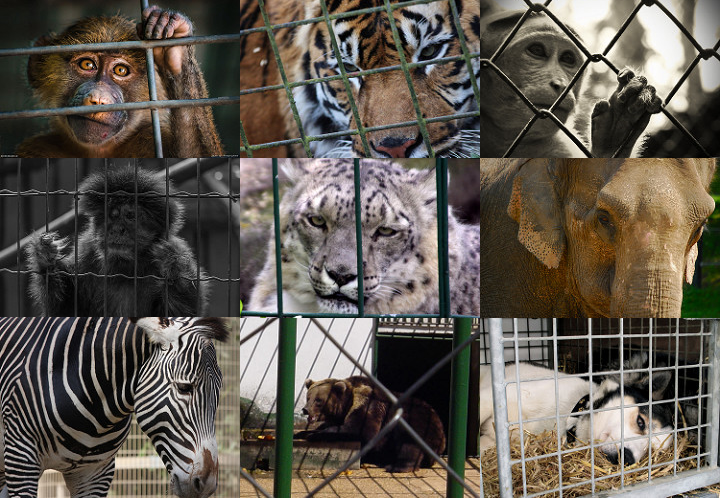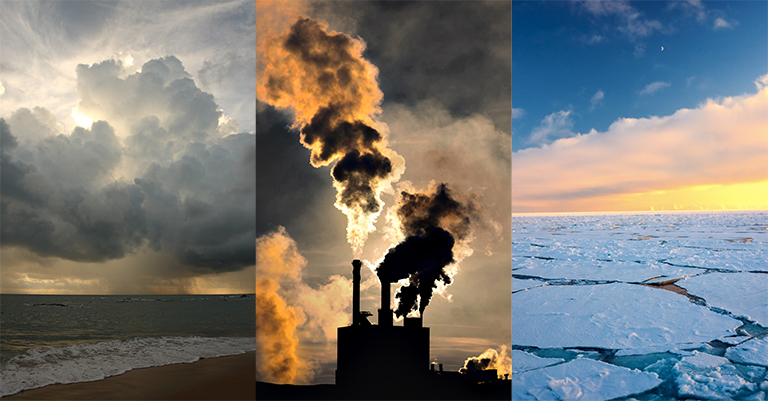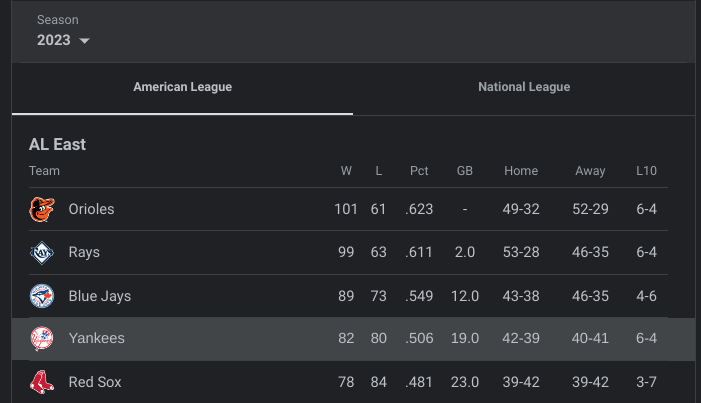Which planet would be best to live on?

March 31, 2022
So. You want to go to another planet, but can’t decide where? Should you go to Mars, the freezing barren landscape with such fine dust it can fill up your lungs and drown you on land? Should you instead go to our moon, the small, harsh not quite planet with deadly radiation, no wind, and such low gravity it can severely impact health? Or maybe even Venus, the toxic hellscape with jutting mountains and a temperature hot enough to melt lead, and an atmosphere so thick it’ll smother you. Jupiter, Neptune, Uranus, and Saturn are made of gas, so they’re uninhabitable, and Pluto is so cold and barren and far it’s not even thinkable. But, of those four options, which would be safest for humanity to live upon? Let’s talk about the pros and cons of each.
The Moon is closest to us. It could be a home base for interstellar operations. Though it is small, it may be an easier task than others. On the other side, the moon’s temperature fluctuates alarmingly, with its lowest temperatures being around -400 degrees Fahrenheit and its high being around 250 degrees Fahrenheit. Plus, its thin atmosphere gives little to no protection from the sun’s radiation and asteroid impacts. The only way we could survive is with completely airtight bunkers, mostly underground. Plus, all food, soil, and water must be taken with us as the moon has no atmosphere nor water, so it is 100% uninhabitable for life. The moon may be the first option you think of, but it’s a really bad option all and all. They’re all really bad options. But I don’t think the moon would work out as anything other than a temporary rest stop for space travelers. As a permanent home, it probably wouldn’t work out very nicely.
Mars. Almost the first idea everybody has when they think of a new planet to live on. Mars is easily the most accessible planet to us, and it has many useful natural resources buried under its surface. But, its toxic soil can suffocate you if you aren’t wearing a spacesuit, and its incredibly low temperatures put humans in severe danger. As soon as you were dropped on Mars, your blood would boil from the incredibly low atmospheric pressure, regardless of the frigid temperatures. Even if you did manage to get past that, there’s the problem of long-term radiation poisoning, and lack of food, water, and soil. In the end, Mars may be a better solution than the Moon, but it will take longer and is still a horrible option.
Now, here goes the option NONE OF YOU WERE THINKING, Venus. Venus has plenty of Pros, its relative size and terrain are similar to that of Earth’s. It looks similar to Earth when it was in its baby state, implying that it may be able to be fixed and revived to an Earth-like state. No need to worry about low gravity, it has essentially the same gravitational pull as our Earth’s. It is protected from meteors and radiation more than Mars or the moon or Asteroids ever were due to its extremely dense atmosphere. It has limitless supplies of minerals necessary for life on and under the surface. The problem, though, with the thick atmosphere, is that it messes with your body in all sorts of ways, like suffocation, boiling blood, and more. Plus, it’s so hot that, as I said previously, it can melt lead. it has a deadly atmosphere and more, but besides that, it’s similar to the Moon or Mars, the only difference being it would be a lot harder to settle on. But I think, in multiple centuries, we may be able to ‘fix’ Venus. It’s probably the most long-term and will not be able to be able to be done nearly as quickly as on the Moon or Mars, but may be more livable in the long run. It’ll take more work, but in the end, we may have a more Earth-like settlement than the Moon or Mars will ever be.
In the end, none of these options will ever be as good as Earth. And there is no concise answer since all of this is so subjective. That’s a pretty anticlimactic ending, but it’s the truth. My personal opinion is that we should start colonizing Mars and Venus at about the same time, use Mars as a more temporary, unlivable habitat and then slowly terraform Venus into a more habitable environment. But that’s just my thoughts.
What about yours?







